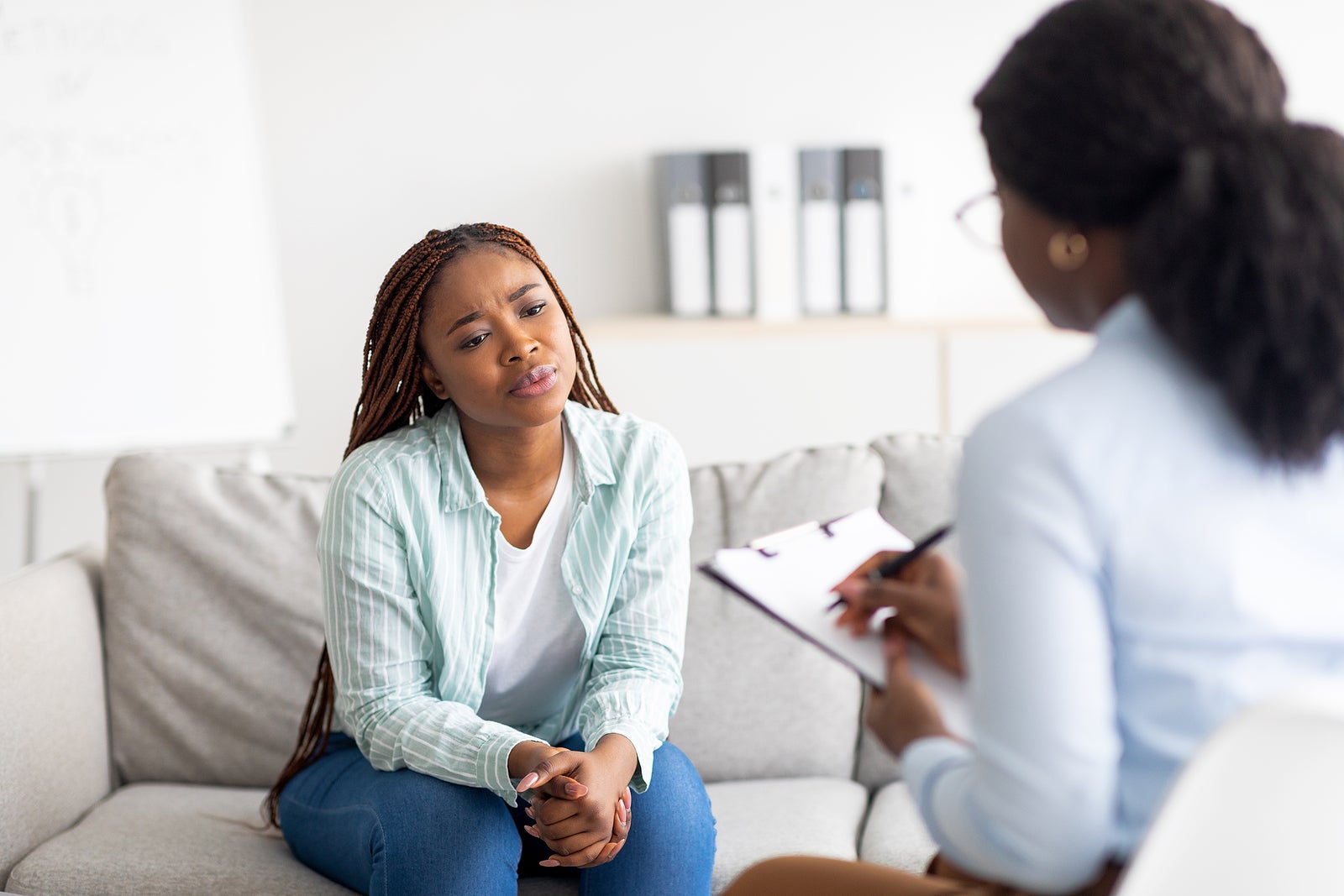As a mental health blogger, I want to help the world understand that depression is not just a black issue and that we can all live happy and fulfilled lives.
As an African-American entrepreneur who has built a successful career by blogging, I want to share with you the top African-American mental health bloggers for business.
I have built a successful career around building a blog empire. My blog has been featured on CNN, Black Enterprise, Inc. Magazine, and other media outlets.
These bloggers have proven successful in their niche by creating content that resonates with their audience.
I will also share my steps to grow my blog from $0 to $20k per month.
Headline: Your Mental Wellbeing is More Important Than Your Physical Health
Mental wellbeing is one of the most important parts of our health and wellbeing. It’s not something that we take for granted. So many people struggle with mental illness every single day. Even those of us who don’t have mental illness often struggle with feelings of sadness, disappointment, guilt, shame, or anger unrelated to anything physical. The list of what can go wrong in our minds is endless. It could be anything from a bad relationship, financial trouble, the death of someone we loved, or a family member going through a hard.

What Is Mental Health?
Mental health is often considered synonymous with “mental illness.” While mental illness can include any mental disorder, mental health typically refers to a range of psychological conditions that do not have a mental illness.
Mental health is also considered a personal issue that only affects a person’s mental health. However, mental health affects everyone in a variety of ways.
Blog topics for people with mental illness
You may not know mental health, but you know when it affects you and your loved ones.
I will share how to find the best African-American mental health bloggers for business and the topics they write about.
These topics relate to mental health and the people who live with it. There are many ways to do this, but here are some examples:
- African-American entrepreneurs with mental health issues
- African American women with mental health issues
- African Americans who suffer from depression
- African American men with anxiety
- African Americans who suffer from bipolar disorder
- African American women who suffer from PTSD
- African American children who suffer from ADHD
- African Americans who suffer from autism
Tips for dealing with depression
Being an African-American entrepreneur can be difficult, especially when dealing with depression. Everything seems to be against you, and you can’t get ahead.
While this can be very discouraging, you can use the following tips to get back up and running.
Learn How To Get Over Depression If you are suffering from depression, it is a good idea to learn how to deal with it. It is important to remember that depression is not a sign of weakness but rather a physical condition that needs to be treated. The best way to get through this time is to learn how to deal with depression. There are many resources available online that can help you find ways to overcome depression. When dealing with depression, knowing what is normal and abnormal is important.
A healthy lifestyle for black people
African Americans suffer from high rates of obesity, hypertension, diabetes, heart disease, and other related illnesses. Fortunately, there is a growing trend of bloggers sharing healthy habits and lifestyles that help them lose weight, reduce their cholesterol, and maintain their overall well-being.
Here are a few blogs worth checking out if you want to improve your life:
The New York Times published an article on February 13th entitled “How to Lose Weight and Keep It Off”. The article featured a woman named Ashley, who has lost over 100 pounds in the past year by following the recommendations provided by the Times. She also shared her experience with us in an email. Ashley is a 33-year-old single mother who works full-time as an executive assistant. She has been trying to lose weight since she was 14 but has always failed. Below is a summary of her experience.
Frequently asked questions about Mental Health.
Q: What inspired you to start blogging?
A: I started blogging because I wanted to reach out to other women who may not have anyone who understands what they are going through.
Q: What has been your most rewarding experience blogging?
A: The most rewarding experience blogging was when my first book deal happened.
Q: What has been your most challenging experience blogging?
A: The most challenging experience blogging was when I started seeing a psychiatrist, and I found it very difficult to open up about everything happening to me.
Q: What would you like to accomplish with your blog?
A: I would like to share my personal experiences and experiences of other women.
Q: What are your tips for other bloggers seeking more followers?
A: If you want more followers, start commenting on other blogs. When you comment on other blogs.
Top Myths about Mental Health
- Only Black people are crazy.
- All Black people are drug addicts.
- All Black people have HIV.
- All Black people are drug dealers.
Conclusion
Black people are three times more likely to have depression than white people.
That doesn’t mean they aren’t living healthy lives. They have different needs and struggles.
In high school, I struggled with anxiety, depression, and suicidal thoughts.
Luckily, I got help, and I’m still happy today.
But I want to ensure everyone knows these problems don’t discriminate based on race.
They can affect anyone.
I know that it’s not easy to talk about mental health issues, but it’s a topic that I feel strongly about.
IT MIGHT SEEM PERSONAL when I start talking about my own experiences, but it’s just a call to action.
We must share our stories because we don’t have to suffer alone.












